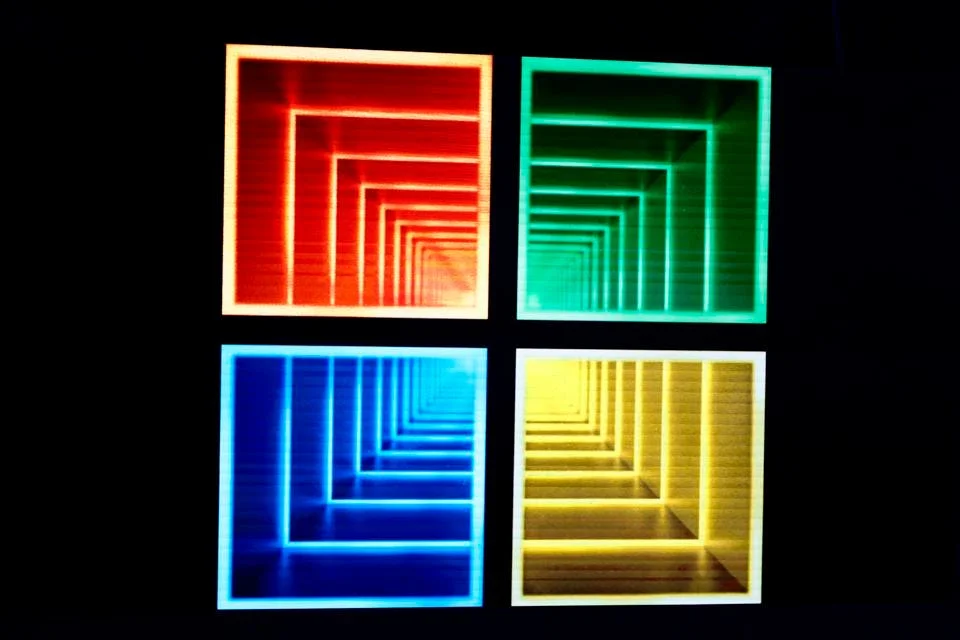
Microsoft’s Controversial Recall AI: A Privacy Nightmare or a Productivity Game Changer?
Microsoft's Recall AI, a controversial new feature for Copilot+ PCs, is officially rolling out, sparking intense debate over its privacy implications. Is it a powerful tool for boosting productivity or a dangerous invasion of privacy?
Recall, part of the Windows 11 KB5055627 update, functions as an AI-powered digital memory, capturing screenshots of everything you do on your PC. This allows users to quickly search and revisit past activities, from documents and websites to images and messages.

Microsoft touts Recall as a game-changer, enabling users to "recall" moments they've seen on their PC. Imagine easily finding that obscure PowerPoint presentation or the name of a product you saw online, simply by describing it in natural language. Microsoft claims it can reduce the time to find and re-engage with content by up to 70%.
However, security experts have raised serious concerns. Initially announced in May 2024, Recall was quickly flagged as a potential privacy disaster. The thought of a system constantly capturing your screen, potentially including passwords and sensitive information, alarmed many. Kevin Beaumont, a cybersecurity expert, demonstrated how easily a non-technical person could gain access to everything done on a PC with Recall enabled.
"So, in 5 minutes, a non-technical person had access to everything I’d ever done on the PC, including disappearing Signal conversations (as Recall retains anything deleted). That isn’t great," said Beaumont.
Following the initial backlash, Microsoft delayed the release and promised to address these issues. They've since made Recall an opt-in feature and implemented measures to filter out passwords and sensitive data. Recall data is processed locally, not sent to the cloud, and Microsoft claims it won't share the data with third parties.
Despite these changes, concerns persist. As Zak Doffman from Forbes points out, "even if User A never opts in to Recall, they have no control over the setting on the machines of Users B through Z. That means anything User A sends them will be screenshotted, processed with optical character recognition and Copilot AI, and then stored in an indexed database on the other users’ devices."
This means that even if you're careful about your own privacy, your messages and data could be captured by someone else using Recall. The security of your secrets now relies on the security of countless other Windows PCs.
Alongside Recall, Microsoft is also rolling out improved Windows Search, allowing users to find files and settings by describing them in natural language, and Click to Do, providing contextual shortcuts to actions like summarizing or rewriting text and removing objects from images.

Copilot+ PCs, starting as low as $599, boast faster performance than the MacBook Air M4 and up to 22 hours of video playback. But at what cost to privacy?
Recall represents a significant shift in how we interact with our PCs, offering unprecedented access to our digital past. But the potential privacy risks are undeniable. Microsoft is actively responding to feedback and will continue to update and improve the security around Recall.
Is the convenience of Recall worth the potential privacy concerns? Share your thoughts and experiences in the comments below.